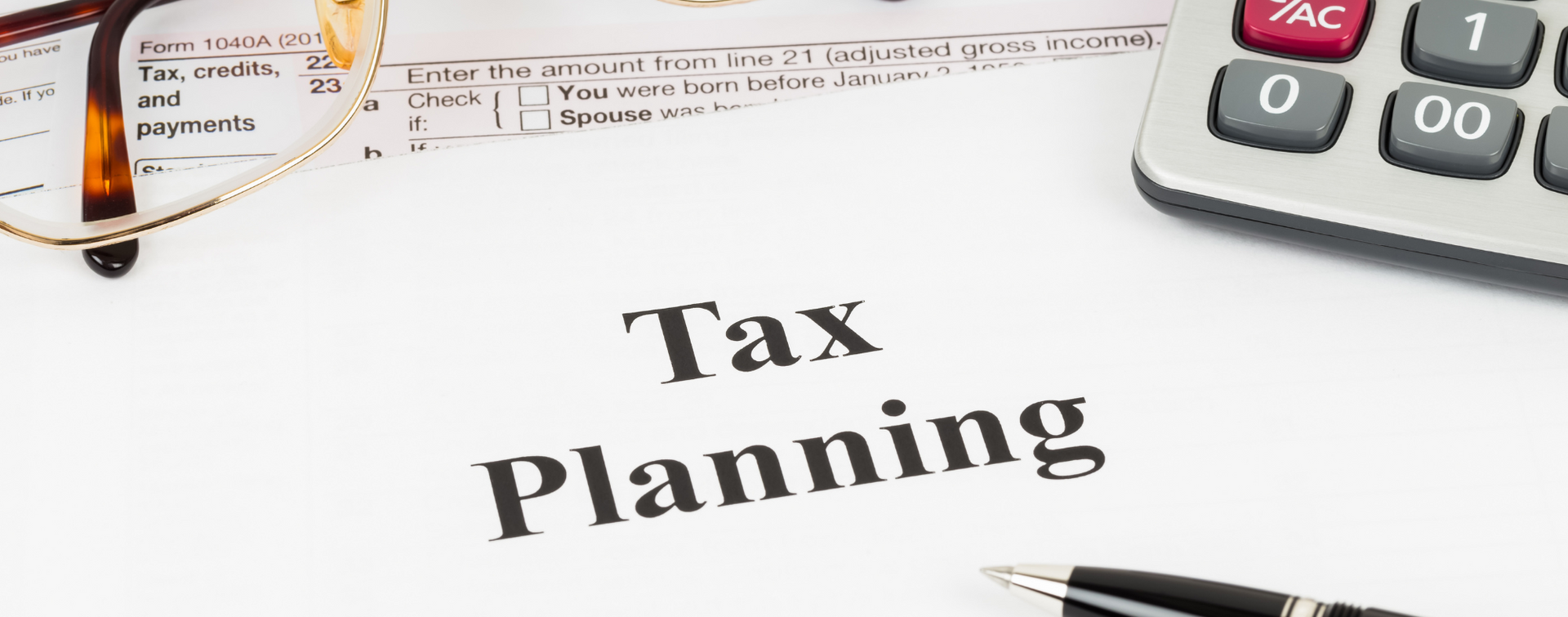For Canadian Small Business Only
Tax Planning and Financial Wellness: A Complete Guide for Students
Smart Tax Strategies for Students: Save Money and Stress Less
As a student, you're already juggling a busy schedule—between classes, your part-time job, and trying to maintain a social life, taxes might be the last thing on your mind. However, taking some time to manage your finances now can make your life a lot easier in the long run. While you may be on a tight budget, there are several ways to save money and take control of your finances. From claiming tuition credits to deducting expenses from your side hustle or even starting an RRSP, these smart moves can pay off big in the future.
Let’s break down how you can be prepared to tackle your tax filing and explore why tax planning can be both smart and financially rewarding.

Tax Planning Benefits for Students
Saving money as a student is no easy task, but thankfully, tax credits are available to help reduce your financial burden. Taking advantage of these credits, especially around tax season, can give you more control over your finances and help you plan for the future.
One of the most significant benefits is the tuition tax credit. By claiming a percentage of your tuition fees, you can lower your tax bill. Additionally, refundable credits like GST and HST are available, meaning low-income earners and students with side hustles might even receive a refund from the government.
Don’t skip filing your taxes, even if you’re not earning much! You might be eligible for savings and rebates that you weren’t aware of. To make the most of these credits, ensure you have your T2202 form from your school. Plus, if you don’t use all your tuition credits right away, they can be carried over to future years.
Managing Scholarships and Bursaries
Scholarships and bursaries are excellent ways to finance your education and reduce the need for student loans, but keep in mind that the CRA may consider them taxable income. It’s essential to report them accurately on your tax return to avoid issues with the CRA. If you need help navigating this, consulting a TurboTax expert can ensure you comply with the rules and maximize your tax benefits.
Planning for the Future with Savings Accounts
Students can also start planning for their financial future with the right savings accounts. The three main options are RRSPs, TFSAs, and FHSAs:
RRSP (Registered Retirement Savings Plan)
An RRSP allows you to save for retirement while reducing your current tax bill. The earlier you start contributing, the more your savings will grow thanks to compound interest. Remember, though, withdrawing from your RRSP early has tax consequences, so it’s best to plan withdrawals carefully.
TFSA (Tax-Free Savings Account)
TFSAs are a flexible savings tool with tax-free growth, meaning you won’t pay taxes on the earnings inside the account. You can withdraw funds anytime for anything, whether it’s a last-minute road trip or new furniture for your apartment.
FHSA (First Home Savings Account)
While buying a home might not be on your radar right now, the FHSA lets you save for your first home with tax-deductible contributions. You can contribute up to $8,000 per year, with a lifetime maximum of $40,000. When it’s time to purchase your first home, withdrawals won’t be taxed or need to be repaid.
Why Filing Your Taxes on Time Matters
Filing your taxes on time doesn’t just help you avoid penalties—it also ensures you don’t miss out on benefits like the GST/HST credit, which can put extra cash in your pocket.
By consistently tracking your income and expenses and filing your taxes every year, you’ll develop strong financial management skills. These habits will serve you well, even after you graduate. Trust us—your future self will thank you!
Manage Tax Season Stress-Free
We know that financial planning and tax filing can feel overwhelming, but you’re not alone. There are plenty of tools available to help you stay organized and save money throughout the process. And if you ever find yourself owing taxes and unable to pay in full, the CRA offers payment plans to make things easier.
TurboTax tax experts are also here to guide you through it all, from maximizing your tax benefits to managing any potential issues with the CRA.
Key Takeaways
- Stay organized: Good financial habits and accurate record-keeping can prevent errors and save you money when filing your taxes.
- Leverage tax credits: Students can benefit from various tax credits and eligible expenses to lower their taxable income and offset education costs.
- Plan for the future: Choose savings accounts that fit your financial goals. A solid plan can help you build wealth and reach your financial dreams. Seeking advice from TurboTax experts can clarify how these savings plans impact your taxes.










Bring your books up to date
CONTACT US TODAY
Contact Number

